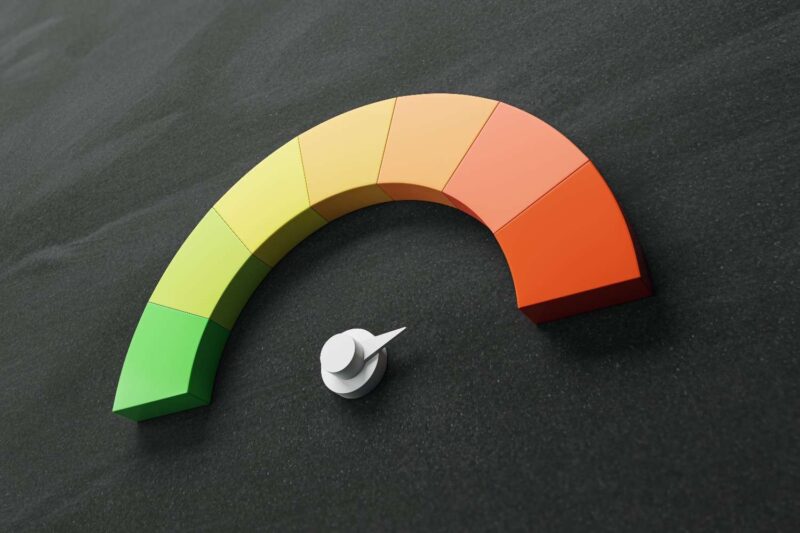Credit scores serve as a tool for lenders to assess your reliability regarding the borrowing of money. In India, there are two scores that you might have come across: One Score and CIBIL Score. The majority of the people are confused about which one is the real score. About which one is of greater importance, and which one the lenders are actually taking into consideration.
Through this blog, we will be discussing in simple words the meaning, differences and accuracy of both One score and CIBIL score so that you can easily understand them.
What Is a CIBIL Score?
CIBIL Score is India’s top-rated credit score. TransUnion CIBIL, one of the official credit bureaus recognised by the Reserve Bank of India (RBI), is responsible for its creation.
CIBIL Score Ranges from 300 to 900. A score of more than 750 is regarded as good.
Why CIBIL Score is Important
Your CIBIL score is checked by Banks and NBFCs when you,
- Apply for a personal loan
- Apply for a credit card
- Get a home loan or a car loan
- Request a credit limit increase
It is an RBI-accredited bureau score, therefore it directly influences the loan with the corresponding rates of interest being offered to the borrowers.
What Is One Score?
One Score, or OneCard Score as it is alternatively called, is a credit score that comes from the OneCard/OneScore application. It is not a credit report from a registered bureau. Instead, it gathers your credit information from Experian and CIBIL and presents to you an uncomplicated credit score dashboard.
One Score offers you,
- An easy score
- Advice for increasing your score
- Your credit usage details
- Alerts Notification for delayed payments
- A monthly update of your score
It is mainly an educational tool to help users understand their credit behaviour better.
Key Differences Between One Score and CIBIL Score
Here is a straightforward comparison of both scores,
1. Who Is Responsible for the Score?
- CIBIL Score – Provided by TransUnion CIBIL (the official bureau)
- One Score – Generated by the OneScore app, which is based on the data from the bureaus
2. Accuracy
- CIBIL Score – Very accurate; accepted by lenders
- One Score – Accurate for understanding trends, but not used by banks for approval
3. Aim
- CIBIL Score – Evaluation of loans
- One Score – Monitoring and guidance in credit
4. Effect on Approvals
- CIBIL Score – Affects directly
- One Score – No effect directly
5. Score Range
- CIBIL – 300–900
- One Score – 300–900, but may appear differently due to app calculation methods
Which Score Is Trusted by Banks?
Banks trust CIBIL Score because,
- It is RBI-approved
- All lenders report loan details to CIBIL
- It reflects the complete loan and repayment history
- It follows official credit scoring rules
One Score is for personal understanding only, not for loan decision-making.
Which Is More Accurate?
CIBIL Score = 100% accurate for lending purposes
Since the lenders rely on this score directly for their approvals.
One Score = Good for daily tracking
It will keep you informed about,
- Your credit card usage
- Your outstanding loans
- Missed payments
- Score trends
But it is not considered the final score by lenders.
Why Scores May Look Different
The One score and CIBIL score might not completely correspond each time. This is due to,
- Some data updates reach the app later
- The app may calculate score trends differently
- Each bureau updates at different times
- The app combines data from multiple sources
Overall, even if the numbers are slightly different, the major trend (increasing or decreasing) stays the same.
What Score Should You Track?
- Keep a daily watch on One Score. It is easy, simple, visual, and free.
- Look at your CIBIL Score once a month or just before taking loans. This is the score that is actually used by lenders.
Conclusion
Both One Score and CIBIL Score help you understand your credit health, but they serve different purposes. CIBIL Score is the official, lender-approved score that decides your loan eligibility. One Score is a smart monitoring tool that gives you useful insights to maintain a healthy credit profile.




